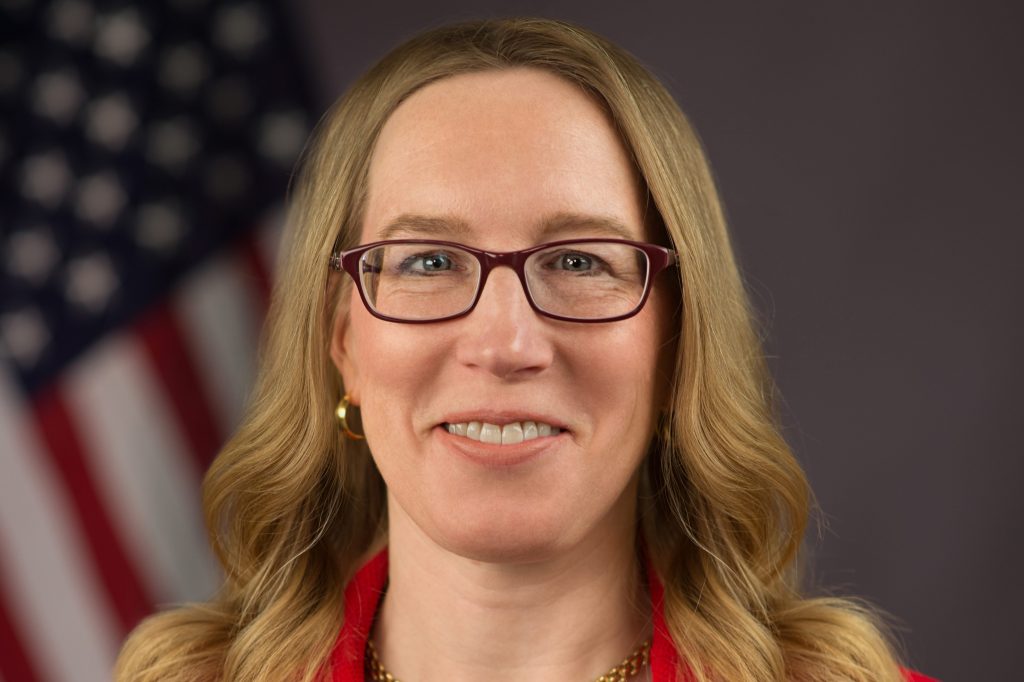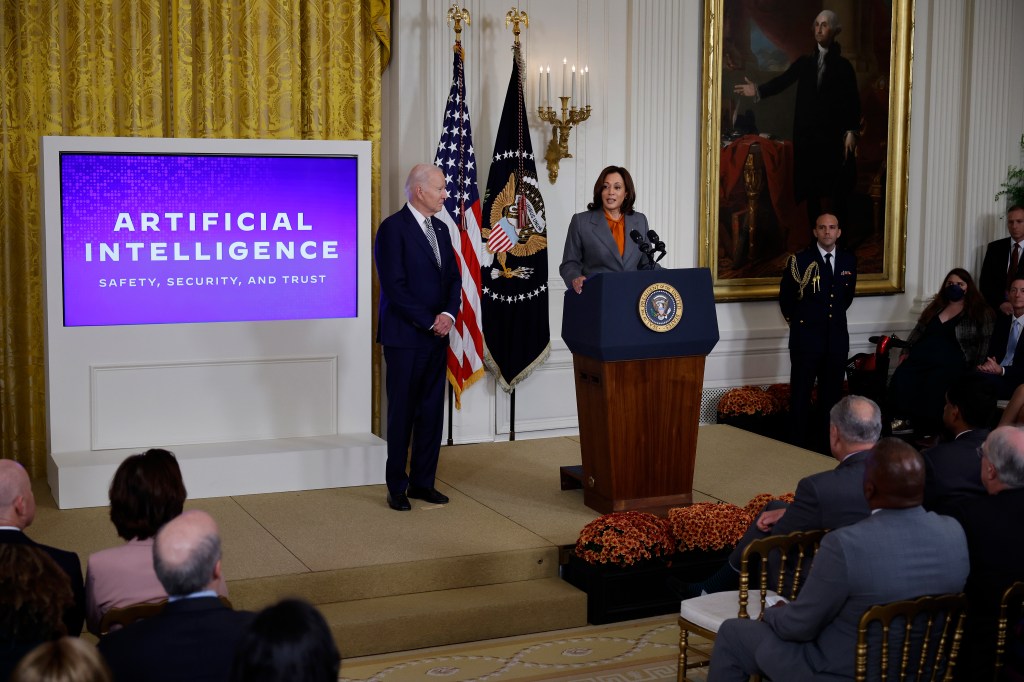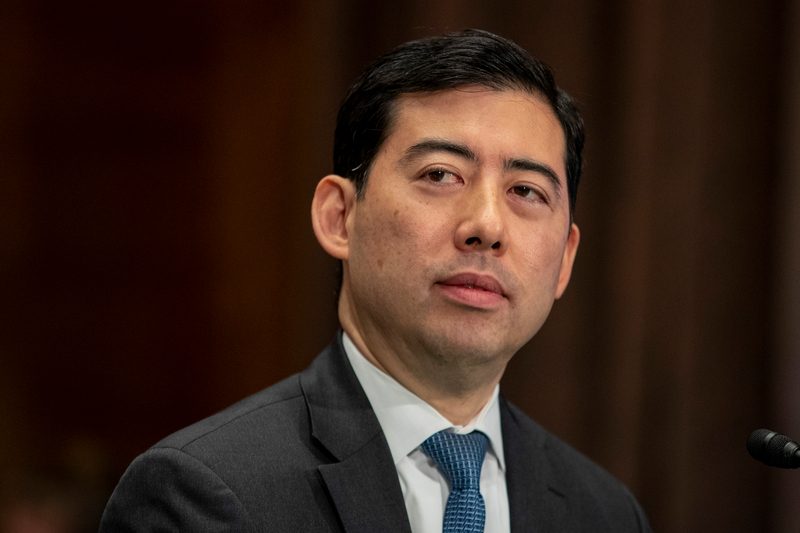Student loan assistance company Frank’s founder charged with fraud in $175m sale – April 4
Charlie Javice, the founder of the now closed Frank, has been charged with fraud in connection with a $175m sale of the company to JPMorgan Chase Bank in 2021. Javice allegedly deceived the buyer that Frank had access to the data of 4.25 million students – but the number was in fact fewer than 300,000.
When JPMC wanted to see data associated with its customers, Javice also allegedly asked the director of engineering to generate synthetic data. When the director refused, she paid a data science professor to manufacture it.
Javice has been charged with violating the antifraud provisions of the Securities Act of 1933 and Securities Exchange Act of 1934, and the complaint seeks injunctive relief, an officer and director bar, disgorgement and prejudgment interest thereon, and civil penalties. It also names trusts held by Javice as relief defendants.
Merrill Lynch failed to disclose all fees to advisory clients – April 3
Merrill Lynch, Pierce, Fenner & Smith Incorporated has been sanctioned for charging clients more than $4m in undisclosed foreign exchange fees for transfers to or from their accounts. Including failing to have proper policies and procedures to prevent set failings. In more than 80% of all transactions, the foreign exchange fees were equal to or higher than the disclosed markup or markdown fees.
Merrill Lynch has consented to the entry of violating Sections 206(2) and 206(4) of the Investment Advisers Act of 1940 and related rules. Without admitting or denying, Merrill Lynch has agreed to a cease-and-desist order, a censure, and to pay disgorgement of $4.1m, prejudgment interest thereon of $760,000, and a civil penalty of $4.8m – and will distribute funds to harmed advisory clients.
“While Merrill Lynch disclosed the markups or markdowns charged on foreign currency exchanges, thousands of clients were left in the dark as to an often larger fee charged on these transactions and were charged millions of dollars in undisclosed fees.”
Antonia M Apps, Director, SEC New York Regional Office
Chatham Asset Management and its founder Anthony Melchiorre charged for improper fixed income securities trading – April 3
Both parties have settled the charges over improper trading where the same bonds were sold and bought through various broker dealers. These trades were also executed at prices with a significantly higher rate than similar securities, which had an effect on their pricing.
Without admitting or denying, Chatham and Melchiorre have consented that they have violated Section 206(2) of the Investment Advisers Act of 1940, and aided and abetted which caused violations of the Investment Company Act of 1944. They will jointly pay $11m in disgorgement and $3.4m in prejudgment interest plus $4,400,000 and $600,000 civil penalties, respectively, and have agreed to prohibitions from serving in certain positions in the investment industry.
“As our order finds, Chatham’s trading in AMI bonds had the effect of increasing the prices of those generally illiquid securities in a way that was disconnected from economic reality.”
Sanjay Wadhwa, Deputy Director, SEC Division of Enforcement
Executives at Alabama US Navy Shipbuilder Austal USA manipulated its financial results – March 31
Craig D Perciavalle, Joseph A Runkel, and William O Adams – three executives of Austal USA LLC – have all been charged for orchestrating a fraudulent scheme which allowed its parent company to meet or exceed analyst expectations. The trio allegedly artificially reduced the cost estimates to certain shipbuilding projects by tens of millions of dollars, and also directed others to arbitrarily lower the cost estimates to meet budgets and revenue projections.
The parent company, Australia-based Austal Limited, has also been alleged to prematurely recognize revenue which met or exceeded analyst consensus estimates for earnings before interest and tax.
Perciavalle, Runkel, and Adams have been charged for violating the antifraud provisions of the Securities Exchange Act of 1934, and the complaint seeks disgorgement and prejudgment interest, civil money penalties, plus officer and director bars.













